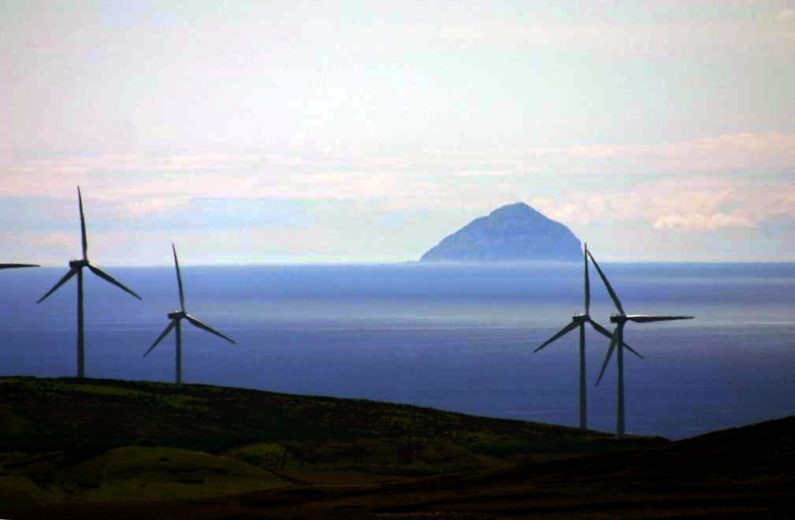All countries in the European Union (EU) are required to meet certain energy consumption targets each year in an effort to conserve energy and reduce our carbon footprint. Countries all over the world are already experiencing the devastating effects of climate change as we see glaciers shrink, plants and animals dying out early, and rivers and lakes disappearing well before they should. Scientists are already concerned about the effects of global climate change in the near future, assessing the extent of climate change in different environmental systems and ecosystems.
EU Countries Commit to Using More Renewable Energy Sources
Many EU countries are taking the lead on using renewable energy as a primary or secondary source of energy for many industrial and economic activities. According to the European Commission, renewable energy can be produced from several sources. These include wind, solar, hydro, tidal, geothermal and biomass. The goal is to make energy production more sustainable and less dependent on fossil fuels — the longtime fuel source for most companies in the EU.
EU national action plans include renewable energy targets for different sectors, the planned mix of different technologies, any national policies they are developing to better use biomass resources, and measures they are taking to be compliant with EU sustainability criteria. The most important sources in the EU-28 was biomass and renewable waste, according to the latest renewable energy statistics.
How EU Countries Are Taking Steps Towards Sustainability
Thanks to the latest technological innovations and ongoing research studies, EU countries have created renewable energy action plans that outline exactly how they are making use of today’s renewable technologies and meeting their targets in upcoming years. In 2020, for example, each country has committed to reaching national renewable targets — Sweden has committed to having 49% of its energy sources coming from renewable technologies by 2020. Overall, the EU is right on target to meet 2020 goals with total energy consumption projections hovering right around 15% in 2014.
Breaking down the countries who are on track to meet their 2020 targets, we see that Norway committed to 67.5% and was right at 65.5% in 2013. Sweden, Latvia, Finland, Austria and Denmark are extremely close to their targets while Ireland, the United Kingdom, the Netherlands, Malta and Luxembourg still have some work to do. According to the latest progress reports, only France and the Netherlands failed to meet their 2011/2012 targets — mostly due to lagging energy development initiatives and technical barriers for installing and using sustainable technologies.
One of the most significant changes in the past few years was the creation of the European energy union in 2014. The union was formed to “ensure secure, sustainable, competitive and affordable energy”, according to Eurostat. In 2015, we saw the European Commission move forward with an official climate change policy which included the strategy of decarbonizing the economy.
What Can We Expect from EU Countries in the Future?
Reports reveal China is still the world’s biggest clean energy investor and Asia has been investing heavily in renewables in Europe recently — the first time in 2015, according to Bloomberg. However, investments plummeted last year which has knocked EU countries out of the front lines as a global leader in renewable energy. EU countries still have time to reach their 2020 targets, however, and will continue to work towards cleaning up their sources of energy supply with technological advancements and careful planning.
As the world continues to invest heavily in renewable energy resource development and adopt sustainable practices to fuel the economy in different countries, many countries in the EU are taking the lead on innovation, development and implementation of renewable energy systems. Reducing our carbon footprint and encouraging innovation in the ‘green’ space are high priorities for EU members and today’s efforts will play an important role in our futures, and the future of the our planet.



